Why HBO’s 'I Love You, Now Die' Is In Two Parts, According to Erin Lee Carr
Erin Lee Carr, director of the documentary about Michelle Carter, explains her reason for breaking up the story.
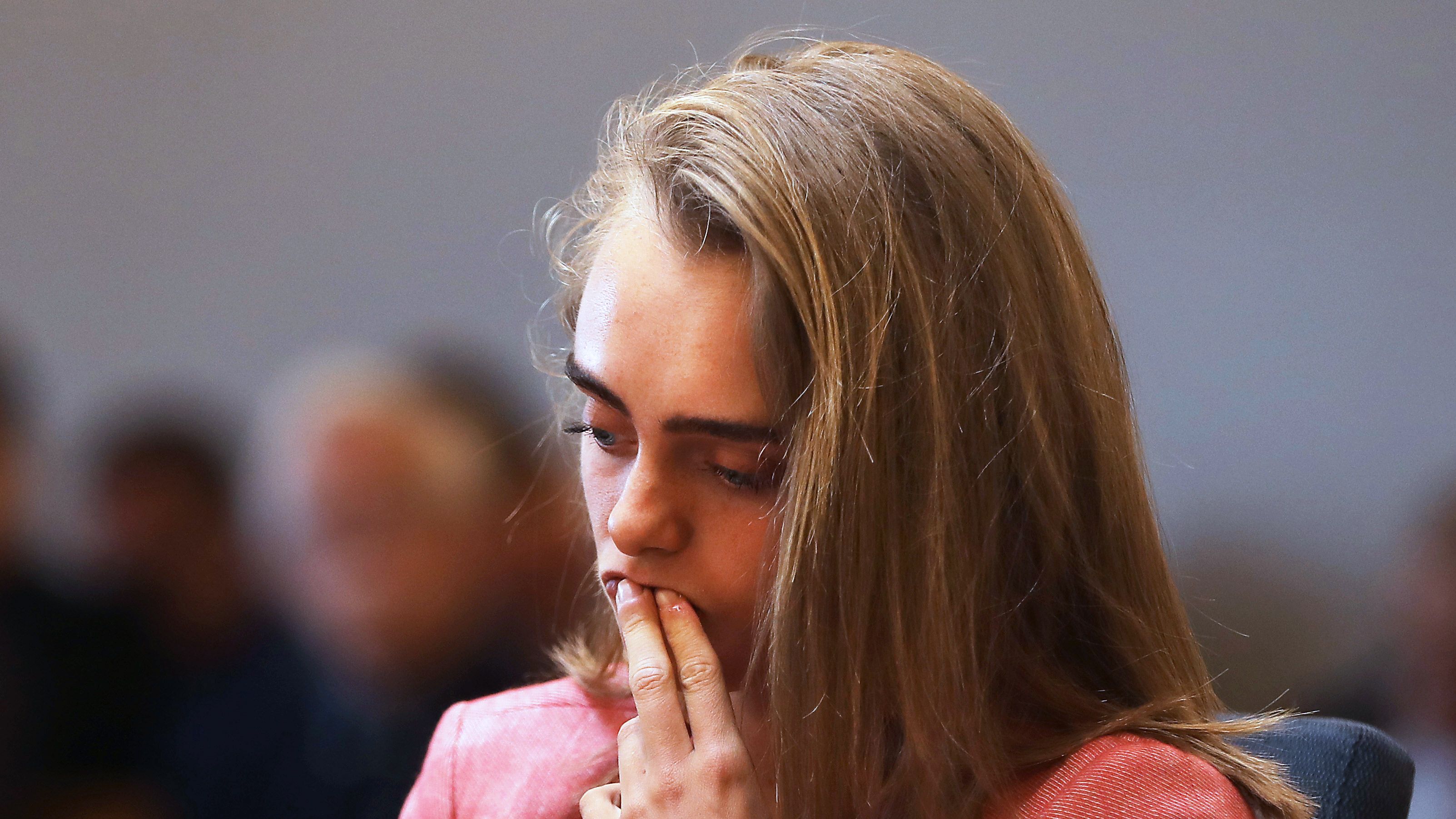
CONTENT WARNING: The below story contains a description of a case involving death by suicide. This content may be triggering for some readers.
If you love true crime as much as the editors at Marie Claire do, then you’re likely already gearing up to watch the new HBO documentary I Love You, Now Die: The Commonwealth v. Michelle Carter. The film, which will appear in two parts, the first airing July 9 and the second airing July 10, goes inside the infamous 2014 case of the young Massachusetts woman, Michelle Carter, who urged her then-boyfriend, Conrad Roy, to die by suicide. She did this, according to the case, through a series of text messages. Carter was convicted in 2017 of involuntary manslaughter and ordered to serve a 15-month stay behind bars.
But as the documentary makes clear, Carter wasn’t necessarily the black widow the prosecution made her out to be. In a conversation earlier this year with Marie Claire, the film’s director, Erin Lee Carr, explained how she viewed the case. “With Michelle Carter, it’s not just about a girl texting her boyfriend,” says Carr. “It’s about, how do we care for each other? If or when are we responsible for another person’s safety?”
Carr has director stories about tabloid cases in the past: Her documentary Mommy Dead and Dearest followed the murder case of Gypsy Rose Blanchard, convicted of killing her mother who had Munchausen by proxy. Another, Thought Crimes, covered the infamous case of the cannibal cop. According to HBO, I Love You, Now Die is, with those two films, part of an unofficial “trilogy” of true crime documentaries for Carr, whose most recent film was At the Heart of Gold, about Larry Nassar and the U.S. gymnastics abuse scandal, and debuted on HBO in May.
When looking for subjects, Carr said she has a few criteria: “I want there to be a woman—or a male, but typically a woman—at the center of it, and there has to be a societal reckoning.” The Carter case has all of the above, though if you only know it from the feverish news coverage of the case a few years ago, you might not realize just how complicated it is. “Honestly, it never felt right to me,” says Carr. “I always knew there was going to be a complicated answer to why somebody would text somebody like this. It was just a process of investigating.”

Along the way, what Carr found was not a sociopathic young woman who wanted the attention that her boyfriend’s death would likely bring her. Instead, Carr uncovered a very complicated relationship between Carter and Roy, and a lonely, isolated, and severely depressed young woman in Carter—one who exchanged thousands of text messages with a young man she had only actually met a few times. I Love You, Now Die not only explores how these factors contributed to the tragedy of Roy’s death, but how, as technology becomes a more intrinsic part of our lives, the resolution to Carter’s case could have extremely far-reaching ramifications.
Most intriguing of all about the documentary is that Carr made the choice to split it into two parts. Just watching the first hour-long installment will show much of what you may already know about the case: A young woman, desperate for attention, pushed Roy to suicide. But the second shows a different side that much of the media around the case left off. It’s also more sympathetic to Carter, who was not involved in the film (Roy’s family is interviewed extensively).
Stay In The Know
Get exclusive access to fashion and beauty trends, hot-off-the-press celebrity news, and more.
“I did not understand the prosecutor’s narrative of Michelle Carter having this young man kill himself for her to get popular,” says Carr. “I just don’t buy that.” During the bench trial (meaning that Carter’s sentencing would be decided by the judge rather than a jury), Carr says that what emerged was a portrait of severe mental illness on both sides. “I wanted this film—and it’s literally structured like this—to act as a jury for this case,” she says. “You have the prosecutor side of the story, that’s episode one. And you have the defense side of the story, which is episode two.”
Carr doesn’t want to tell anyone how to feel, but she does have a hope for how audiences will react to documentary about the case. “At the end, I want you to argue with whoever you watched it with or the internet about what should be done,” says Carr. “Yes, she’s in jail, but the case will set precedent so it’s important to look at it very closely.”
The first episode of I Love You Now Die: The Commonwealth v. Michelle Carter will air on HBO on July 9. The second episode will air July 10.
Cady has been a writer and editor in Brooklyn for about 10 years. While her earlier career focused primarily on culture and music, her stories—both those she edited and those she wrote—over the last few years have tended to focus on environmentalism, reproductive rights, and feminist issues. She primarily contributes as a freelancer journalist on these subjects while pursuing her degrees. She held staff positions working in both print and online media, at Rolling Stone and Newsweek, and continued this work as a senior editor, first at Glamour until 2018, and then at Marie Claire magazine. She received her Master's in Environmental Conservation Education at New York University in 2021, and is now working toward her JF and Environmental Law Certificate at Elisabeth Haub School of Law in White Plains.
-
 Netflix's 'North of North' Transports Viewers to the Arctic Circle—Meet the Cast of Inuit Indigenous Actors
Netflix's 'North of North' Transports Viewers to the Arctic Circle—Meet the Cast of Inuit Indigenous ActorsThe new comedy follows a modern Inuk woman determined to transform her life.
By Quinci LeGardye
-
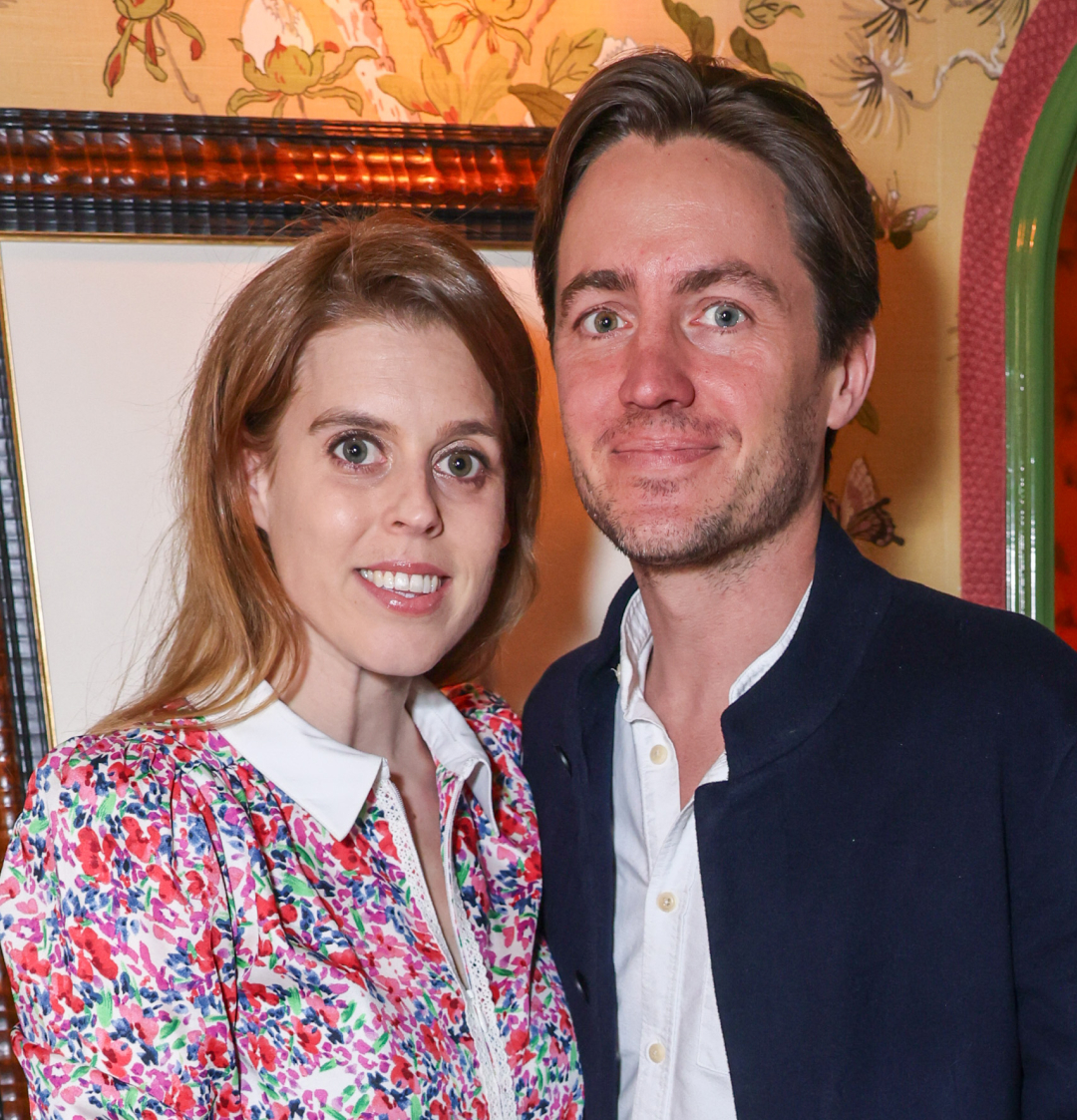 Princess Beatrice's Husband Pays a Rare Tribute to These Royal Family Members on Instagram
Princess Beatrice's Husband Pays a Rare Tribute to These Royal Family Members on InstagramEdoardo Mapelli Mozzi shared some behind-the-scenes snaps from the F1 Grand Prix in Bahrain.
By Kristin Contino
-
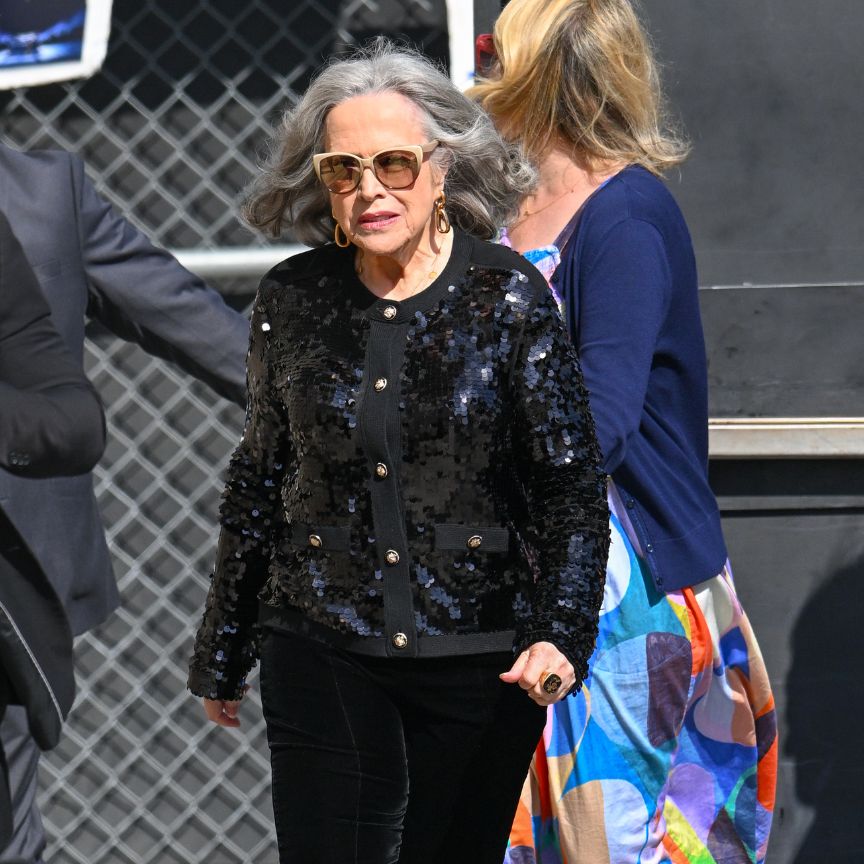 Allow Kathy Bates to Convince You to Grow Out Your Grays
Allow Kathy Bates to Convince You to Grow Out Your GraysOne look at her new style and you'll be canceling your root touch-up pronto.
By Ariel Baker
-
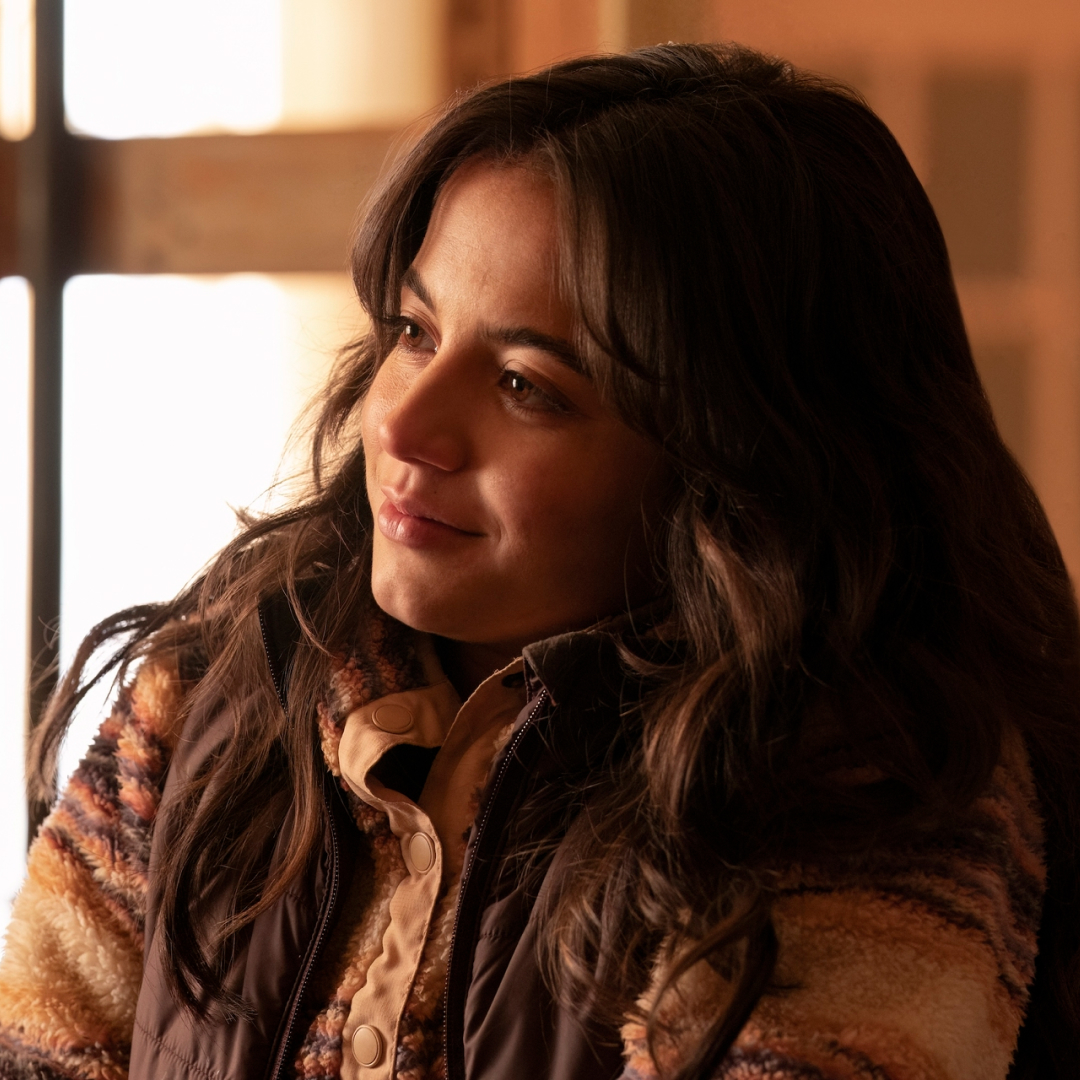 Meet Isabela Merced, the Rising Star Who Plays Dina in 'The Last of Us'
Meet Isabela Merced, the Rising Star Who Plays Dina in 'The Last of Us'We're already obsessed with this up-and-comer.
By Quinci LeGardye
-
 Where Are the Members of The Squad From 'Bad Influence: The Dark Side of Kidfluencing' Now?
Where Are the Members of The Squad From 'Bad Influence: The Dark Side of Kidfluencing' Now?The names in the Netflix docuseries have fallen out of touch with subject Piper Rockelle.
By Quinci LeGardye
-
 Where Is Piper Rockelle Now? What We Know About the Subject of 'Bad Influence: The Dark Side of Kidfluencing'
Where Is Piper Rockelle Now? What We Know About the Subject of 'Bad Influence: The Dark Side of Kidfluencing'The documentary examines a kidluencing empire and the lawsuit against it.
By Quinci LeGardye
-
 Meet Nicholas Duvernay, the Actor Who Plays Zion in 'The White Lotus' Season 3
Meet Nicholas Duvernay, the Actor Who Plays Zion in 'The White Lotus' Season 3We can't stop thinking about his scene-stealing performance in the finale.
By Quinci LeGardye
-
 'The White Lotus' Season 4: Everything We Know
'The White Lotus' Season 4: Everything We KnowCreator Mike White has already started teasing where the next installment will be set—and who might be back.
By Quinci LeGardye
-
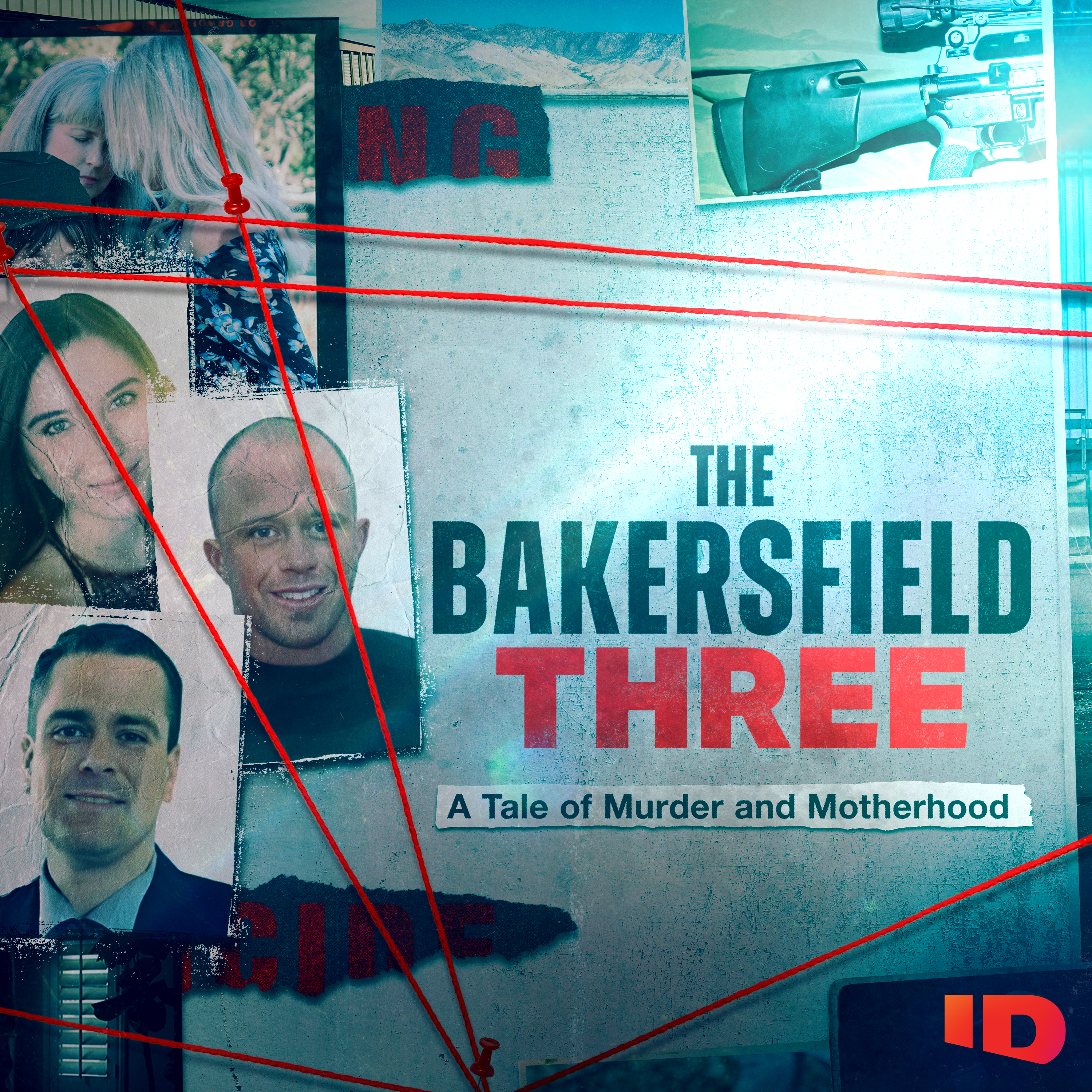 The Trailer for Must-Watch True Crime Docuseries 'The Bakersfield 3' Has Landed
The Trailer for Must-Watch True Crime Docuseries 'The Bakersfield 3' Has LandedIt's based on a 2022 story published in 'Marie Claire'.
By Iris Goldsztajn
-
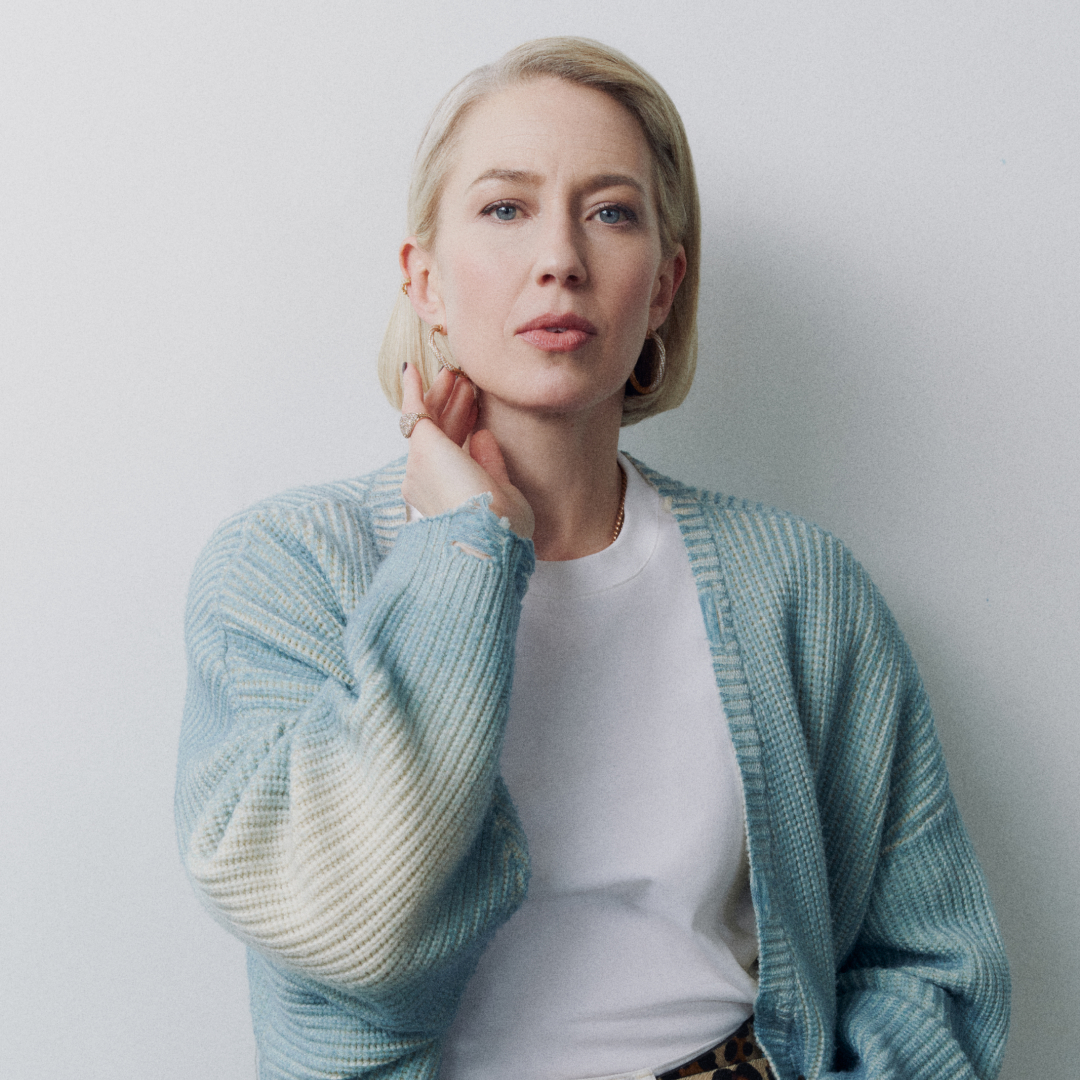 The Wild Ride of Carrie Coon
The Wild Ride of Carrie CoonLaurie's deep-set insecurities come to a head in episode 7 of 'The White Lotus,' allowing the actress to turn a "dark night of the soul" into an illuminating time.
By Jessica Goodman
-
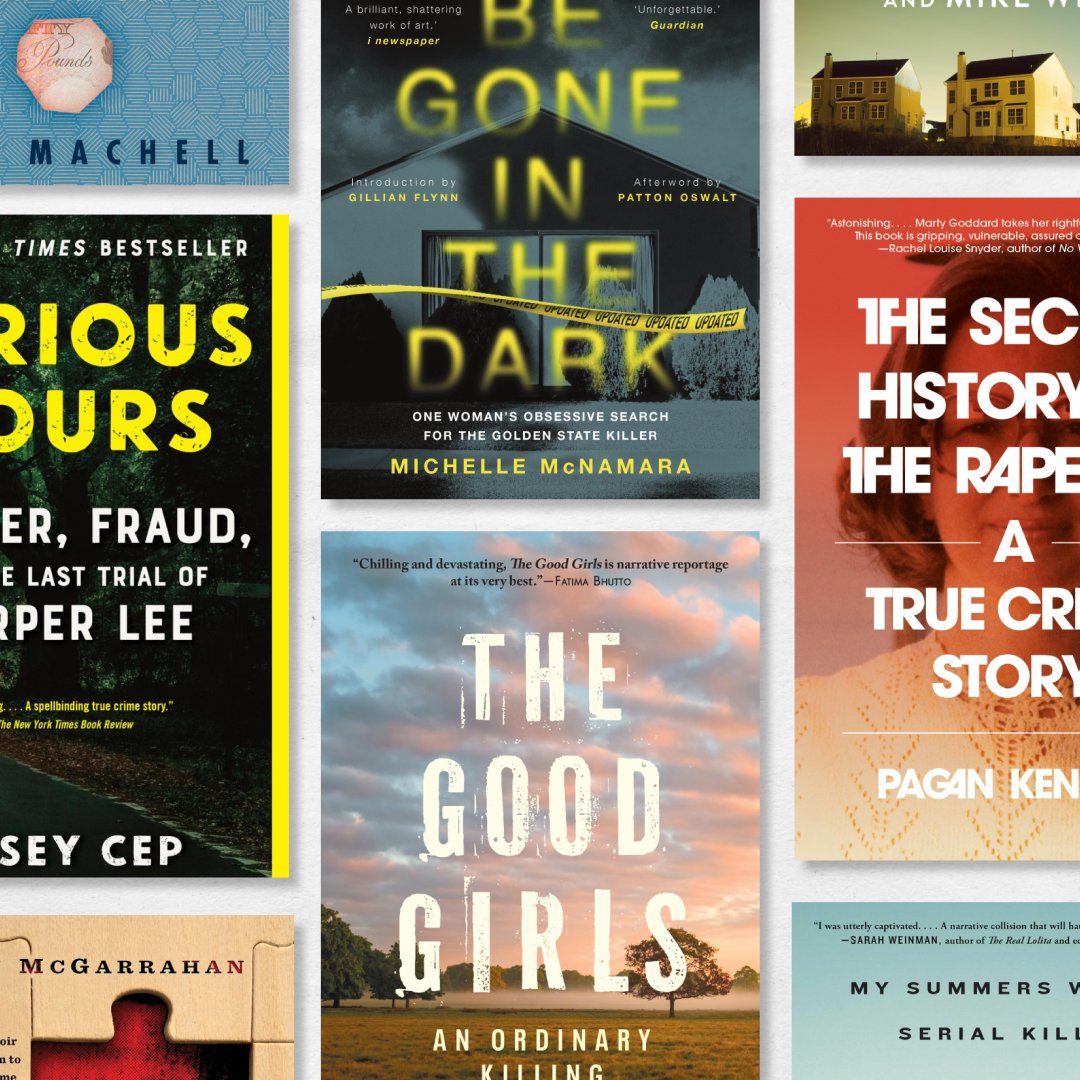 The 20 Best True Crime Books to Read in 2025
The 20 Best True Crime Books to Read in 2025These nonfiction titles and memoirs about serial killers and scammers are the definition of page-turners.
By Andrea Park
